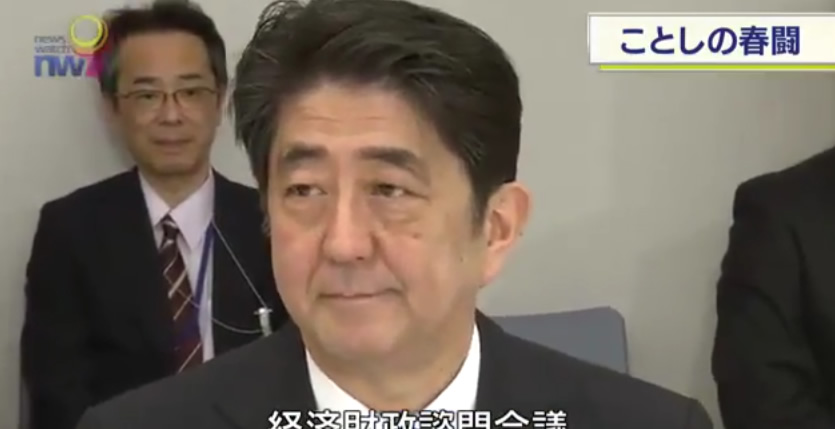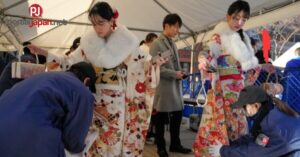The government is considering reducing the upper limits of overtime allowed for workers as part of a push to overhaul Japan’s notoriously demanding labor culture.
In Japan, companies can ask employees to work up to 45 hours of overtime work per month, or up to 360 hours per year, in addition to the standard 40-hour work week if a labor-management agreement is in place.
Further extra work — up to 100 hours of overtime a month — is also available under a “special clause” agreed between management and workers and applied in exceptional cases.
However, under the proposed changes, the 100 hours a month would be lowered to an as-yet undecided limit, or a cap set on how many months in a year it can be applied.
Another option under consideration would reduce the 45 hours of overtime per month currently allowed.
The move, spearheaded by Prime Minister Shinzo Abe, is said to be in response to ongoing criticism of Japan’s notoriously long work hours.
The scheme is also expected to include a plan to improve nonregular workers’ pay.
But it is still unclear how the proposed labor reforms will take shape, and it is almost certain the business community will object to such government-led changes, observers said.
According to a survey by the labor ministry in 2013, 40.5 percent of 11,100 companies surveyed nationwide had the overtime clause in place. Of these, 15 percent said they allow more than 800 hours of overtime work per year.
The country’s work culture is blamed for hindering workers with children, who must struggle to balance work and home. Karoshi, or death from overwork, has long been a labor issue as well.
A final plan is expected to be announced in May.
Source: Japan Times Image: 毎日ニュース

















Join the Conversation